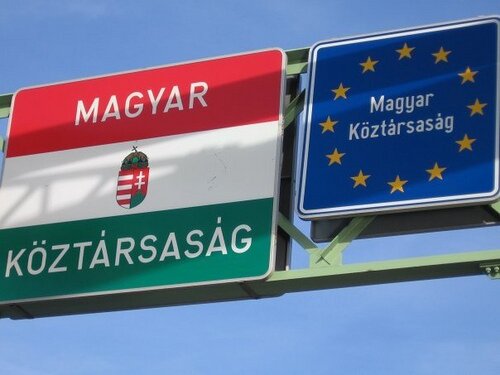Hungary: Help depending on postal code
Hungary: Help depending on postal code
Fidesz caucus leader Antal Rogán had a surprise in store for the healthcare sector when he announced changes agreed on at the recent annual Fidesz-KDNP conference, including a new metropolitan hospital. There are also new guidelines for providing social benefits.
The new healthcare centre would be financed from public and European Union money, according to the plan, and it would be part of a revamped health system to enter into force in April. The government’s aim is to provide healthcare primarily in county hospitals. The Socialist government led by prime minister Ferenc Gyurcsány had similar plans.
The most important change for patients will be that there will be one main hospital for each of the 19 counties. Their funding will still be supplied by the state but the counties themselves will be responsible for the financial management.
The amount of money will be determined based on the number of citizens in a county, and the hospitals within each county need to negotiate among themselves as to which will get what share.
The advantage of the new system highlighted by the government is that there will be no more parallel supply offers. Only the capital city will keep six hospitals, each operating a 24-hour emergency service. In case of an emergency, the question would be which hospital is on duty at the time.
It’s clear that such fundamental changes in the healthcare system will not be possible without making sacrifices. Left-liberal daily newspaper Népszabadság said there could be layoffs of 8,000 to 10,000 mainly administrative employees. A total of HUF 40 billion will be saved each year, according to news portal index.hu, citing well-informed government sources.
It seems quite clear that this sum cannot be saved only by doing less paperwork. In the worst-case scenario it could come to sending away doctors and nurses too.
The rumours within the counties continue and time is ticking. Experts fear that due to time and financial pressures, the infrastructure, which is still being built up, and mainly the care services in rural areas could become subject to risk. However, counties and local municipalities have more than the new healthcare system to deal with at the moment. From March 1 local councils are deciding on which social benefits they will provide to their citizens.
The new guidelines provide for mainly four kinds of social benefits that the local councils will distribute in future. Besides deciding on housing and debt support, now healthcare and gestures of goodwill have been placed in local hands. Municipal representatives will decide on both the taxes and benefits they will impose on their citizens.
It’s already clear that this system will lead to differences between the social services provided by each municipality. Index.hu shows a compilation of the differences already existing within the country. While in the southern Hungarian Baja support from goodwill is available to people with a monthly medical cost over HUF 7,150 and with an income under HUF 57,000 each month, in northern Hungarian Borsod, the poorest region of the country, there has been no such benefit since 2013.
Where should the money for providing social benefits come from anyway? The government believes that with the new freedom to introduce taxes, the local municipalities have a ready solution to this problem. The advertising tax, which is flowing in already to the councils, should cover the new costs.
The original article and the full story can be reached here: http://budapesttimes.hu/2015/03/07/help-depending-on-postal-code/
Pin It

